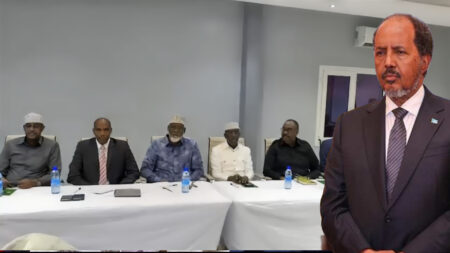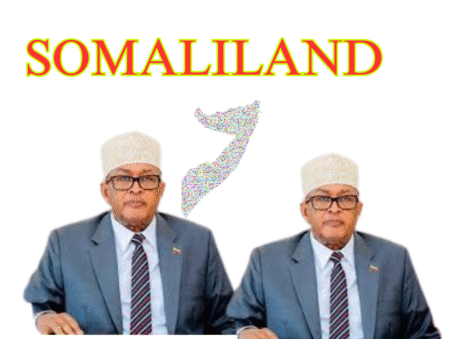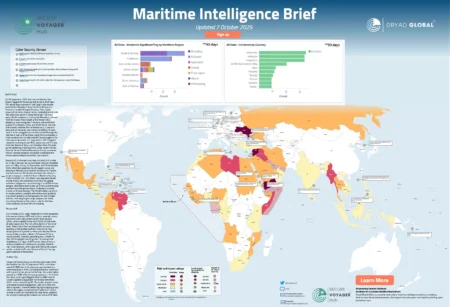Somalia’s Strategic Port Offer: A Double-Edged Sword
The Somali federal government’s decision to offer the United States control over strategic ports like Berbera and Bosaso presents an opportunity to elevate Somalia’s geopolitical standing. This move could bring significant advantages, including enhanced security cooperation, foreign investment, and a stronger alliance with a global superpower. By aligning with the U.S., Somalia could reinforce its sovereignty claims over regions like Somaliland and Puntland while also gaining technical and military support to combat terrorism and piracy along its coast.
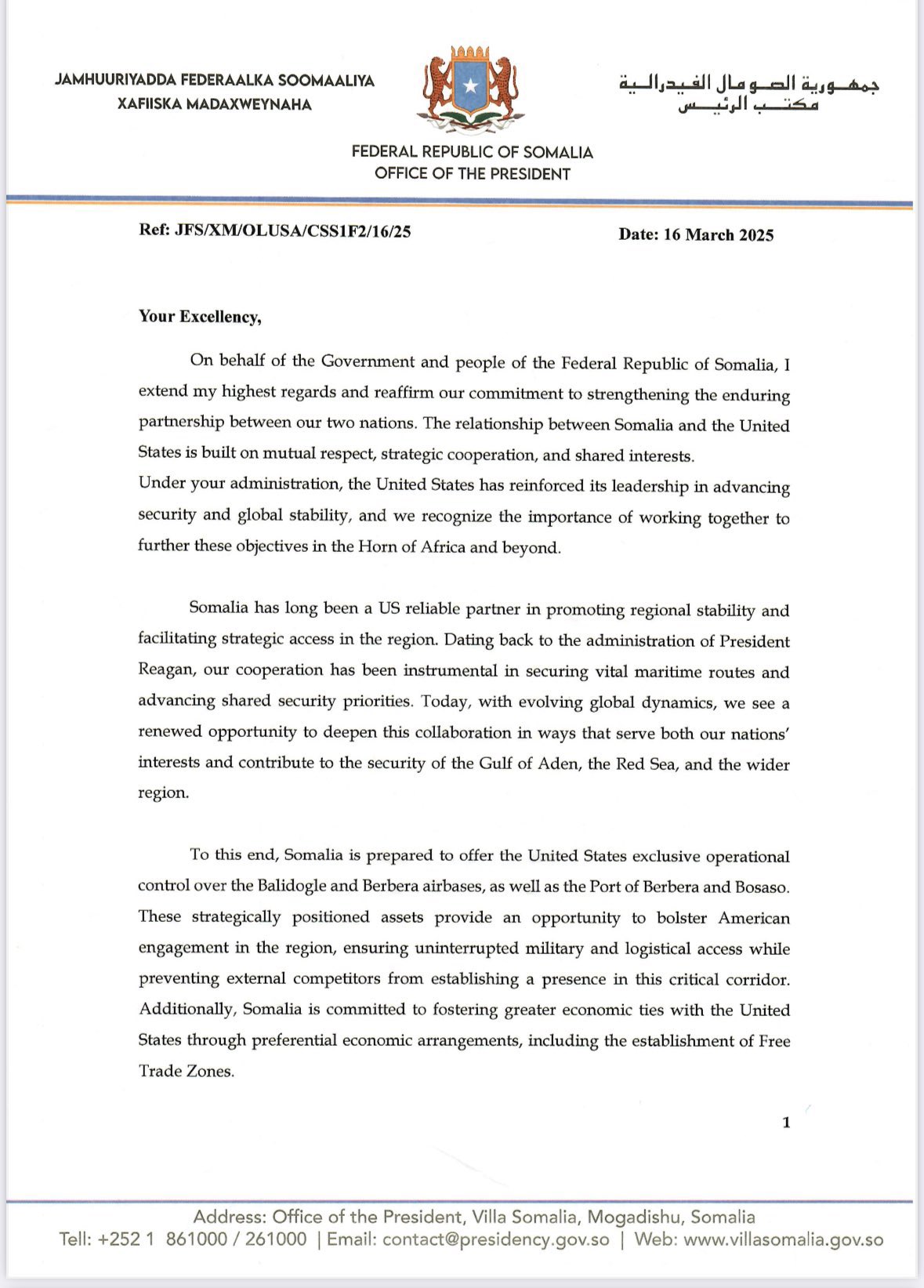
However, the proposal also exposes Somalia to significant risks. Offering control of ports outside Mogadishu’s authority — particularly in breakaway Somaliland and semi-autonomous Puntland — could inflame internal divisions and lead to political backlash. If the federal government pushes too hard without local consultation, it might deepen the rift with those regions, potentially triggering more instability rather than unifying the country. The offer might be seen as overstepping and could alienate local leaders who feel excluded from such critical decisions.
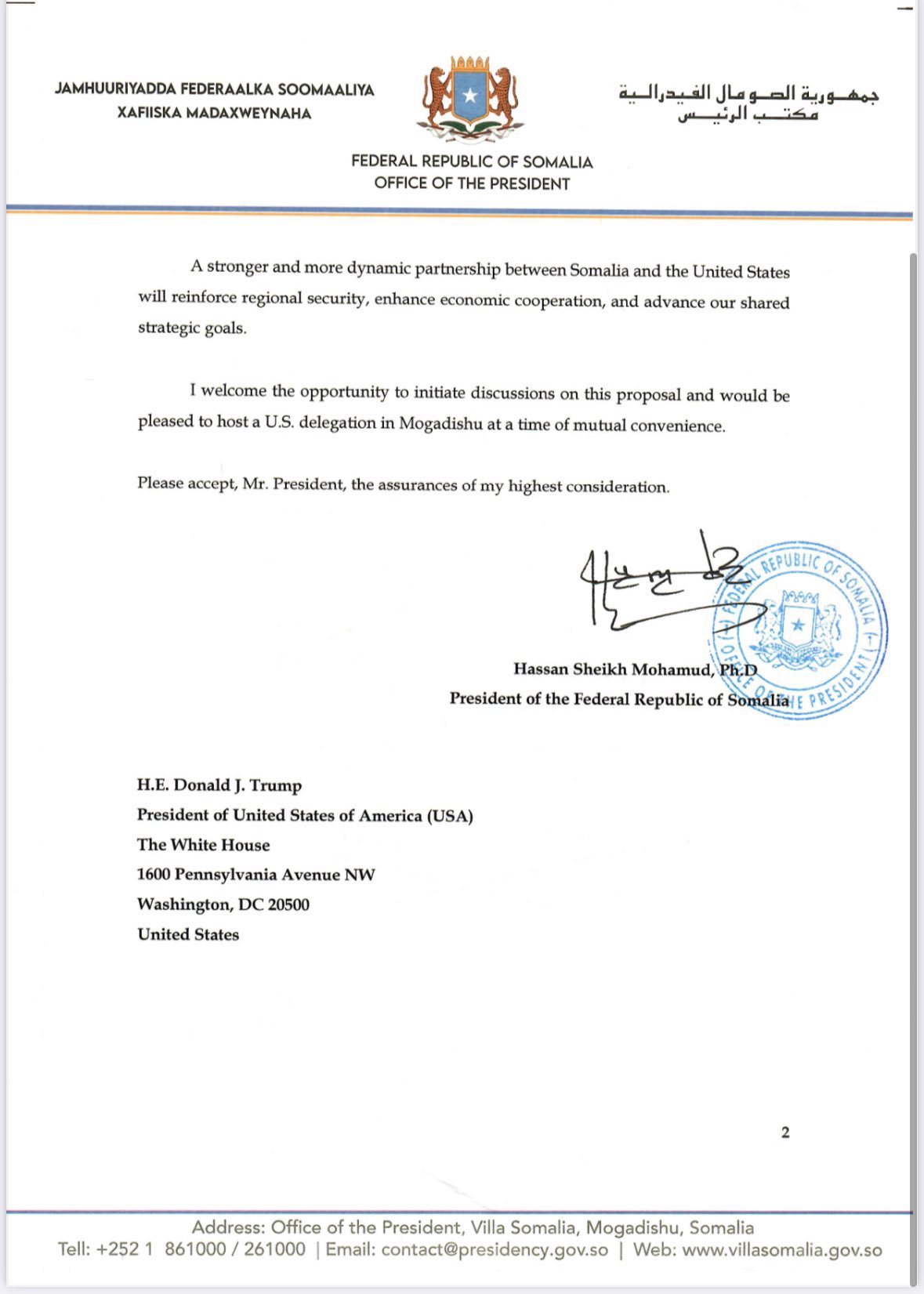
Economically, the U.S. presence could improve infrastructure, create jobs, and boost trade around the ports — if implemented carefully and transparently. American involvement might attract other investors who see a stable, U.S.-protected port as a safe place to do business. On the flip side, if the ports become militarized zones or targets for extremist groups, it could damage commercial activity, discourage tourism, and make the Somali coast more volatile. The economic benefit depends on careful balancing between security and civilian access.
I Somalia’s offer is bold but risky. If it leads to strategic partnerships that benefit all regions of the country, it can potentially strengthen the nation’s position on the world stage. Yet, if mishandled, it could accelerate internal fragmentation and spark regional tensions. For Somalia to truly benefit, it must ensure transparency, include local stakeholders in decision-making, and demand a fair, mutually beneficial agreement that respects the sovereignty of all Somali territories.

